Struggling spellers. If you teach one, you know exactly what I’m talking about. And you know how frustrating it can be for you and the student. Today, I’m sharing 5 things struggling spellers need.
Before I get too far, I just want to say that every child is different. There isn’t a single solution that will solve the struggle for every student. Instead, I’m offering sound teaching tips that will hopefully encourage and motivate students as they work hard to overcome or cope with the struggle.
Note: These tips may also work for a child with dyslexia, although I am not necessarily addressing that audience.
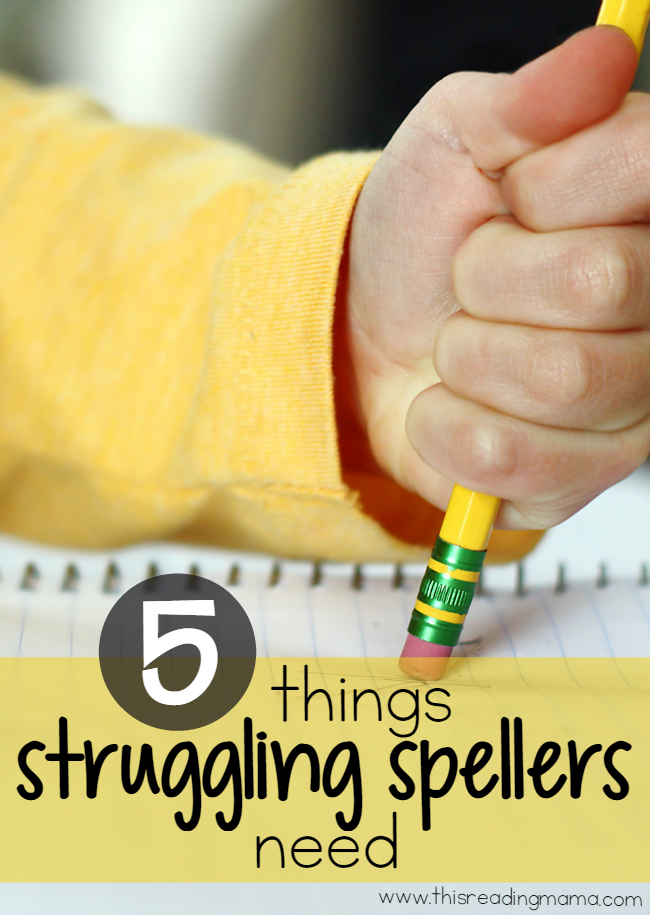
*This post contains affiliate links.
Why Is Spelling So Important?
First things first. Why should we care about spelling in the first place? After all, kids have spell check these days.
-
-
-
- Spelling is a courtesy to the reader. Spell check isn’t fail proof {love this Owed to Spell Checker poem} and kids need to be able to correct their own spellings.
- Spelling is phonics in reverse. Are phonics and sight words important to reading? You bet! Spelling is the study of those phonics patterns and sight words in depth; and it has a benefit for readers, too!
- Spelling is naturally more difficult than reading for most people. We can all read words that we probably can’t spell, even as adults. When something is challenging, it’s good to spend a little extra time on it.
5 Things Struggling Spellers Need
1. Struggling spellers need hands-on learning. We can’t rely on worksheets and workbooks to help them learn. They need to manipulate, organize, categorize, compare, study, etc. words and patterns within words.
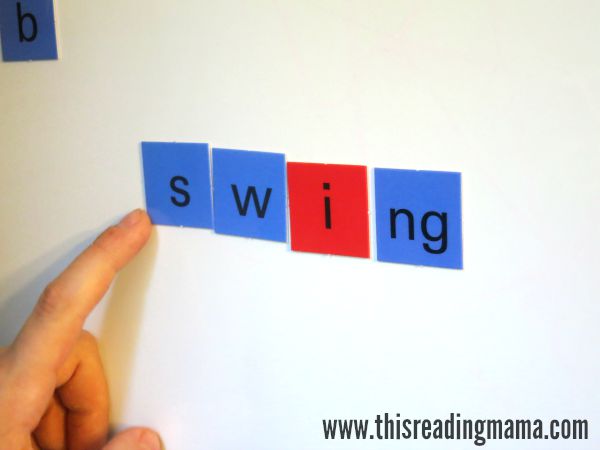
That’s why I love Words Their Way and All About Spelling so much. Lots of hands-on learning with kids making connections between patterns that words share.
2. Struggling spellers need spelling instruction that’s organized in a logical way.
Instead of studying lists upon lists of random words that are not connected in any way {often used in traditional spelling instruction}, struggling spellers need words that share something in common. Maybe they are connected by word families or they share a common vowel team. This helps students see the patterns words share and makes spelling less intimidating.
3. Struggling spellers need you to break words down to a basic level.
It’s no secret that I have used and love Words Their Way for all kinds of spellers, but I would recommend All About Spelling {or other programs that use the Orton-Gillingham approach} for students who are really struggling with their spelling, such as kids with dyslexia.
This is because words are broken down to a very basic level {often called phonograms}, which struggling spellers need to understand in order to build/spell words. Words Their Way is rooted in word sorts, which mainly stay at the word level.
And while it certainly doesn’t hurt to start at the the basic level and move to the word level, struggling spellers need phonics patterns broken down as far as they can go, especially at first.
- Short Vowel Word Study
Our Short Vowel Word Study App and Long Vowel Word Study App include activities for the basic and word level. These are a great {and inexpensive} tool for struggling spellers!
4. Struggling spellers need spelling instruction on their level of learning.
Is your struggling speller in the 4th grade? Chances are, he is developmentally on a lower level. What does this mean for your spelling instruction? It means you shouldn’t go out and buy a 4th grade spelling workbook {if you buy a workbook at all}.
All About Spelling and Words Their Way do not base their books off of grade levels. In other words, Level 1 isn’t for Grade 1. Rather, they encourage you to teach based off of what your child needs to learn. That means your 4th grader may still need instruction in short vowels.
Struggling spellers need you to fill in those gaps, even if that means going back to something you thought they had learned in Kindergarten!
5. Struggling spellers need support during writing.
It’s no secret that even your typically developing spellers misspell words during independent writing time. But for a struggling speller, writing time is often his worst nightmare. Teach them simple tricks like underlining spelling words as they write.
One of my favorite tools for writing time is a word wall folder. You can read more about our word wall folders or download already-made ones in my spelling ebook.
I also love to provide spelling charts that feature the patterns we’re working on. As with any kind of tool, modeling how to use these charts is KEY! I have LOADS of free spelling charts on the blog, including my
-
-
-
-
- single syllable chart,
- homophone spelling chart,
- vowel teams charts,
- blends/digraphs chart,
- beginning sounds chart,
- and word family rimes chart.
- By subscribing to This Reading Mama, you have access to over 100 more phonics charts for all kinds of spelling patterns!
-
-
-
What other things would you say struggling spellers need? I’d love to hear your thoughts in the comments!
You Might Also Like
Printable Spelling Activities & Games
5 Ways that Teaching Spelling Helps Readers
Why I Don’t Give a Spelling Test {and what I do instead}
~Becky
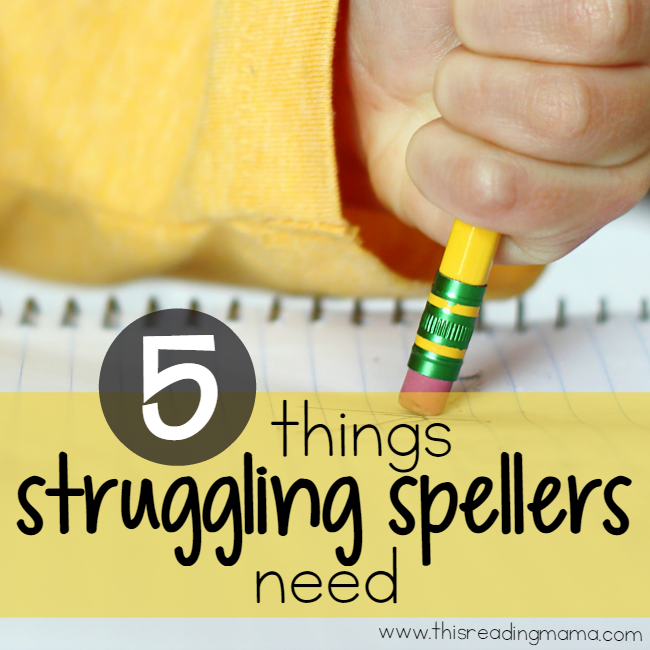
-
-
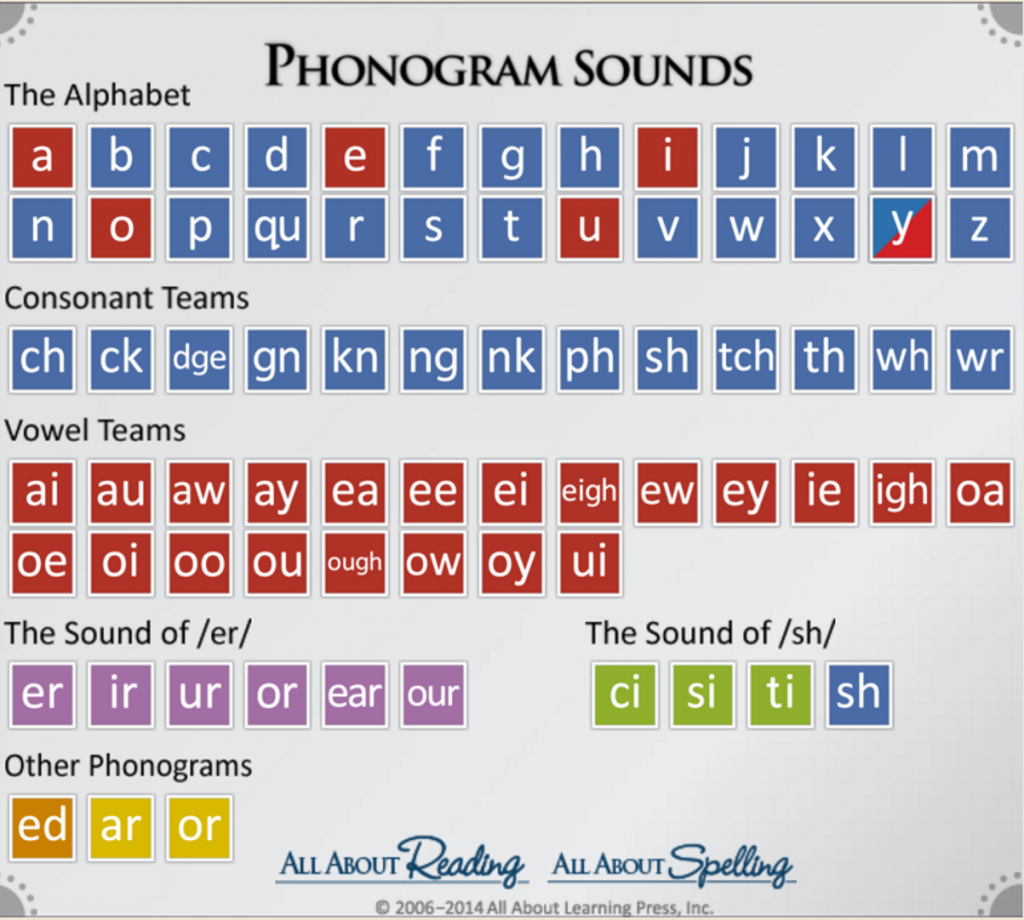
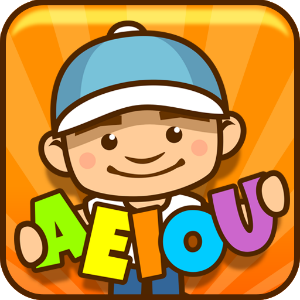
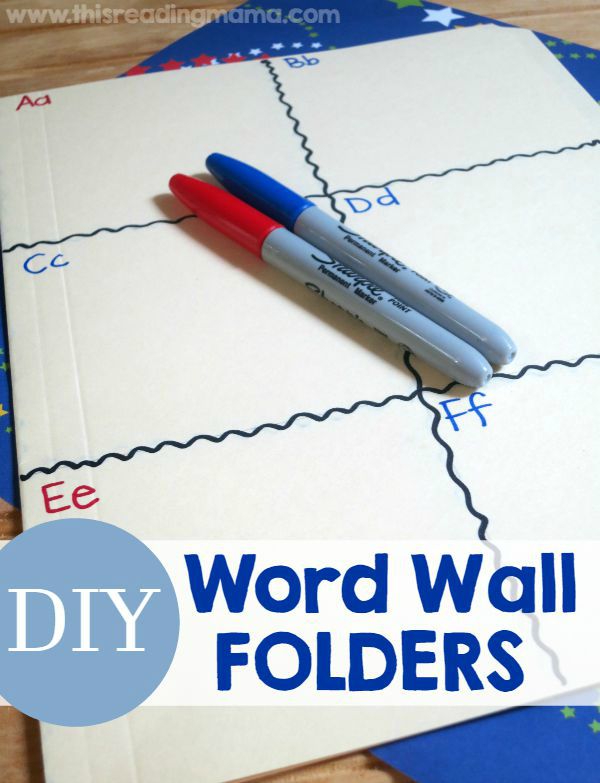

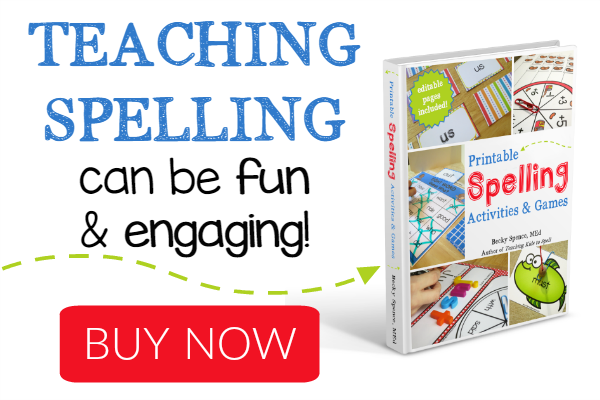
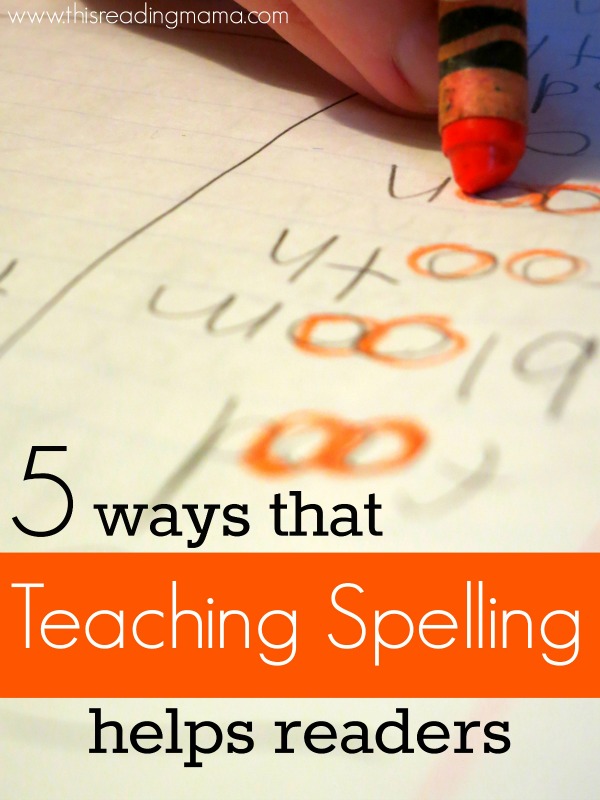
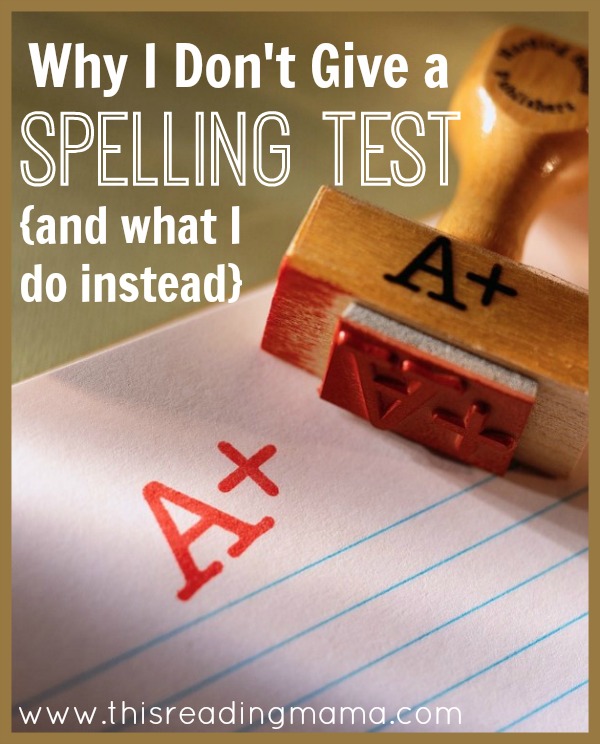
Individual attention is key. Great information and tips on things to try, thanks for sharing!
If the students learned reading using linguistic or highly structured programs, teaching spelling would be much more successful.
I love this idea! I am loving your differentiated spelling approach! It will work in my special ed. classroom for my 3rd and 4th grade students next year! Thank you for sharing!
Thanks for pointing out that programs that us the Orton-Gillingham approach can be good for students who are really struggling with their spelling. We recently found out that my son is dyslexic and he has been having trouble with his spelling lately. I think that it would be smart to look int Orton-Gillingham programs that can help him spell and read better.